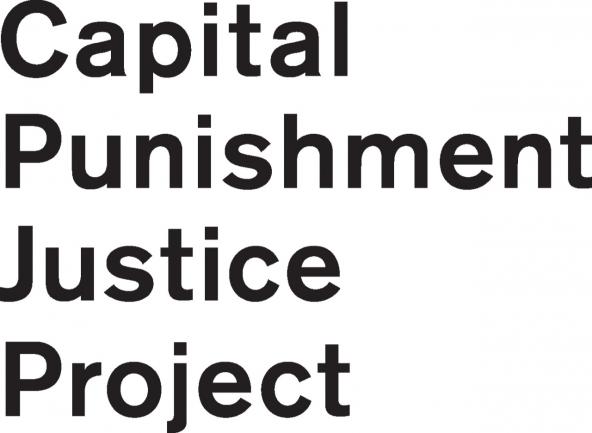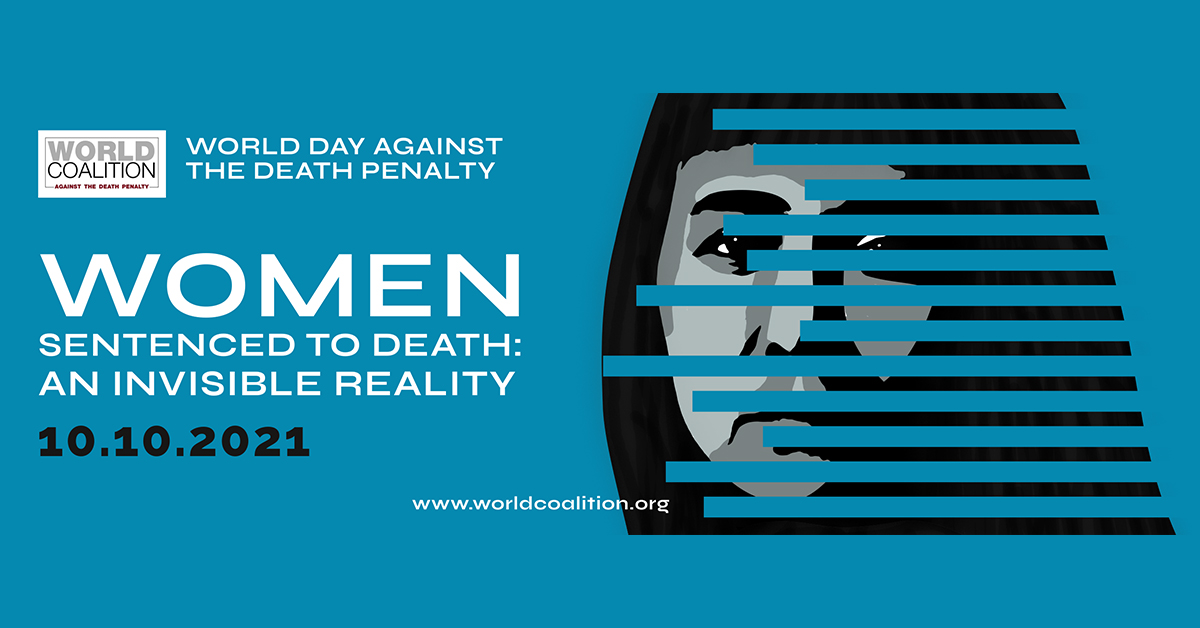Australia
World Coalition Steering Committee member
Capital Punishment Justice Project (CPJP)
Capital Punishment Justice Project – CPJP (formerly known as Reprieve Australia) is an Australian NGO working to assist in the provision of effective legal representation and humanitarian assistance to those facing the death penalty at the hands of the State. CPJP also works to raise awareness of the application of the death penalty by the State and associated Human Rights.
Main actions:
– Sending volunteers to work overseas, directly assisting those facing the death penalty. This has traditionally been done in the USA, but the NGO is in the process of expanding in South East Asia.
– Raising awareness in Australia and conducting campaigns in response to major issues.
– Mercy Campaign: mercycampaign.org.au
– Keeping a social media presence and a newsletter to their members.
Date founded
2001Structure type
NGOWorld Coalition Steering Committee member


 Room 24, Level 9, 460 Lonsdale Street
Room 24, Level 9, 460 Lonsdale Street Phone +61 0434 306 210
Phone +61 0434 306 210 






